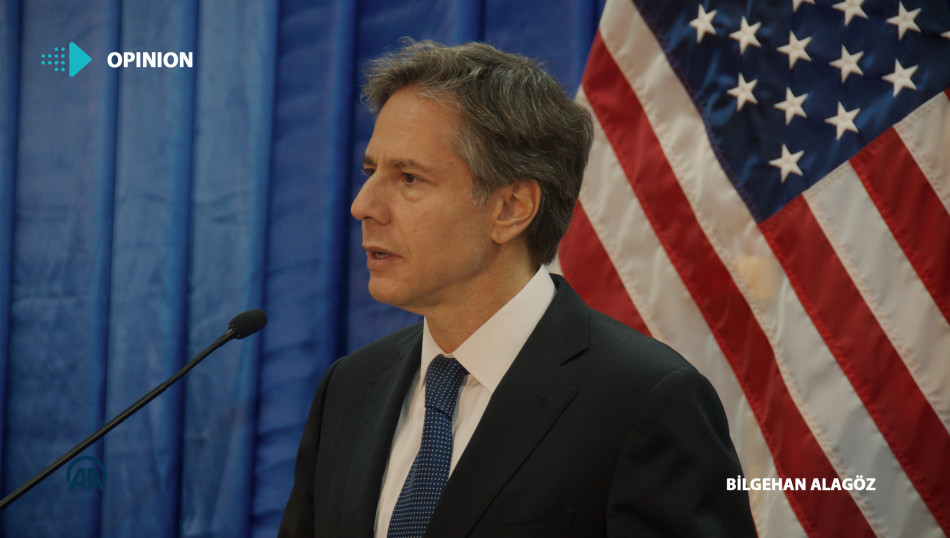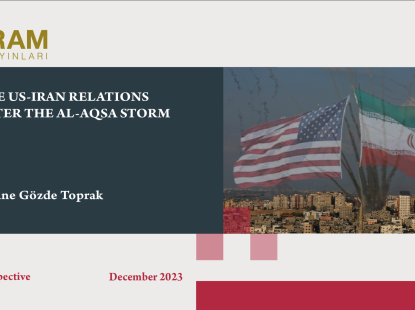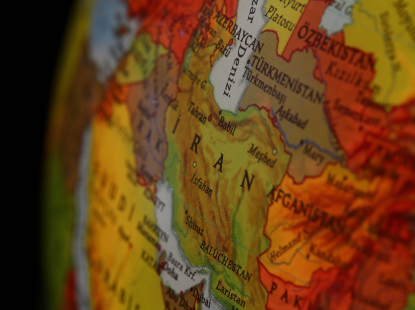Iran Was the Main Agenda of US Senate Hearings
Coinciding with the inauguration of Joe Biden as the 46th President of the United States on January 20th, confirmation hearings for cabinet members from the relevant committees of the Congress commenced on January 19th. In this context, the Senate Foreign Relations Committee held a session for Secretary of State nominee Antony Blinken. During the session, several key foreign policy issues came to the fore; however, Iran was the highlight of the meeting, which entailed Blinken responding to each senator’s questions related to US foreign policy issues.
The chairman of the Senate Foreign Relations Committee, Republican Senator Jim Risch, opened by mentioning his chief concern about foreign policy, the Islamic Republic of Iran. As such, Risch’s following statements were remarkable: “The JCPOA provided very beneficial sanctions relief for Iran, yet failed to eliminate Iran’s support for terrorist proxies – therefore allowing them to fund terrorism across the region. The deal also included very short-sighted sunsets on Iran’s conventional weapons and ballistic missile programs, and allowed Iran to continue enriching uranium. Any new deal with Iran must address all the facets of Iranian bad behavior, including its ballistic missile program and ending support for terrorism.”
In this regard, several senators directed their following concerns about Iran to Blinken:
• Democratic Senator Bob Menendez indicated that he recognizes and supports that the Biden administration is interested in returning to the diplomatic path. However, he expressed his fears that it would be insufficient to return to the JCPOA without concrete efforts to address Iran's other dangerous and destabilizing activities. He underlined the necessity of bipartisan support to find a comprehensive and diplomatic approach with Iran.
Blinken stated that the threat of Iran creating instability in the region is far more grave with a nuclear weapon than it already is, therefore, the Biden administration has an urgent responsibility to prevent Iran from acquiring such means. Blinken also pointed that “Iran continues to rapidly enrich uranium, according to the public reports, we are at right back to the crisis point that we were reaching before the deal in terms of Iran’s breakout time to produce enough fissile for a nuclear weapon.”
• Republican Senator Ron Johnson asked whether it was the right move to kill Soleimani, who was responsible for the deaths of hundreds of Americans.
Blinken replied that nobody shed tears just because Soleimani died, but determining if it was a wise decision should be discussed. Adding that this operation endangered American soldiers in Iraq and made America less secure.
• Republican Senator Mitt Romney said that the JCPOA makes it easier for Iran to obtain nuclear weapons. He also stated that the administration should be circumspect about Iran-related intelligence and should remain unrelenting.
Blinken responded that they will cooperate with Congress on intelligence.
• Democratic Senator Chris Coons asked the Secretary of State nominee how he would balance pushing back against Iran with re-assessing the war in Yemen.
Blinken said that the US needs to be clear-eyed that the Houthis were aggressors, but that the Saudis have also contributed to the humanitarian disaster. Moreover, he added that designating the Houthis as a terrorist organization exacerbated the situation without doing much to bring them to the table, so the Biden administration should immediately review this issue.
Coons also emphasized that the security of the Middle East relies on controlling Iran's ballistic missile program.
• Republican Senator Lindsey Graham inquired if Blinken believes that Iran is the leading supporter of terrorism. Blinken said he believes that.
• Republican Senator Todd Young questioned whether the law that was passed in 2001, which allowed intervention against al-Qaeda, would allow attacks on Iran due to the connection between Iran and al-Qaeda.
Blinken stated that, for this, permission must be obtained from Congress.
So, what does this hearing mean? In these days, where there is potential to return to the JCPOA under the Biden administration, it is pivotal that within the Senate, a vital part of US foreign policy decision-making, both Democratic and Republican senators, who have outstanding reservations, share a common perspective on Iran. On February 27, 2015, months before the signing of the JCPOA, Republican Senator Bob Corker, then Chairman of the Senate Foreign Relations Committee, prepared the Iran Nuclear Agreement Review Act of 2015 along with Senator Menendez. This bill was passed in the US Senate in May 2015 with the support of Democratic senators. According to the act, the US president is prevented from waiving or suspending sanctions against Iran without congressional approval; because in this pre-law legal order, there is no limit to the president's use of waivers to suspend sanctions imposed by Congress. Therefore, history may repeat itself if Biden attempts to return to the JCPOA. Being cognizant of this, the Biden administration will have close communication with Congress to settle the apprehensions of the Senate members concerning Iran. It is also fair to say a follow-on agreement, which opens up a discussion of Iran's ballistic missile program, and its military presence in the Syria-Iraq-Lebanon axis, will be increasingly voiced by this administration.











